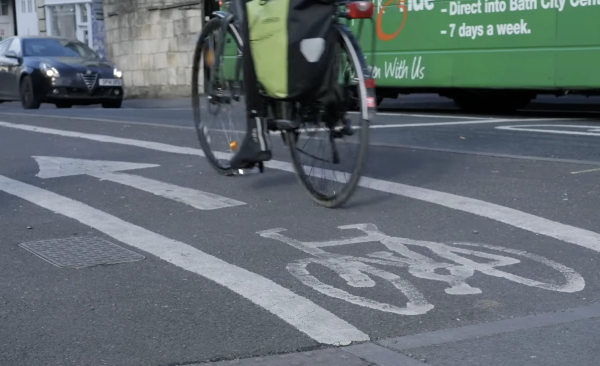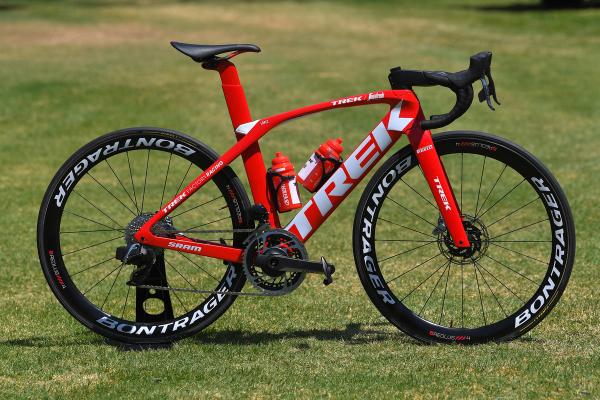Canyon gets SBTi approval for net zero climate targets
German bike brand receives verification for aims to halve emissions by 2032 and reach net zero by 2050
Patrick Fletcher
Deputy Editor
© Canyon
Canyon is making plans for a greener future
Canyon has bolstered its commitment to de-carbonising its business operations, with the German bike brand setting out long-term emissions targets that have received validation from the Science Based Targets Initiative (SBTi).
Canyon is aiming to cut its greenhouse gas emissions in half by 2032 and then by more than 90% by 2050, at which point it would be operating at net zero.
The brand says its links to the SBTi add weight to its green credentials, following on from its commitment to reporting its carbon footprint via the Carbon Disclosure Project (CDP) in 2022. The SBTi is a joint enterprise comprising CDP, as well as the United Nations Global Compact, World Resources Institute, and the World Wide Fund for Nature (WWF).
It provides guidelines and technical resources to businesses to ensure environmental practices and targets keep pace with the latest climate science, and comply with the international targets set out in the Paris Agreement treaty.
It also provides an audit service for climate targets, and Canyon’s have received verification.
"We want to be transparent and act responsibly. We believe that measurability and transparent information about the progress we are making in achieving our targets is essential to be successful in a business-wide approach to sustainability," says Yvonne Swoboda, Global Director of ESG at Canyon.
Read more: World champions and influencers among Canyon sponsored riders for 2024
Canyon’s targets are set out in two phases, based on three different types of greenhouse gas emissions.
- Scope 1 relates to sources owned or controlled by the company, such as buildings and vehicles.
- Scope 2 relates to energy purchased from suppliers, such as the electricity used across factories.
- Scope 3 relates to the upstream and downstream supply chain.
Based on a baseline figure from 2022, within 10 years Canyon hopes to cut scope 1 and 2 emissions by 51% by 2032, and scope 3 emissions per bike by 58.2%. By 2050, that would rise to 90% for scope 1 and 2, and 97% for scope 3.
“The bicycles we make support low carbon mobility, however the production of those products triggers greenhouse gas emissions. There is a lot for us to do to reduce our impacts but we are using our drive for innovation to succeed in our climate action journey,” said Swoboda.
"The cycling industry is full of enthusiasm and passion. We want to use this positive energy to actively drive change in our company and beyond towards more responsible business practices."
.jpeg%3Frect%3D0%2C2%2C2000%2C1331%26w%3D1280%26h%3D852%26auto%3Dformat&w=3840&q=90)










